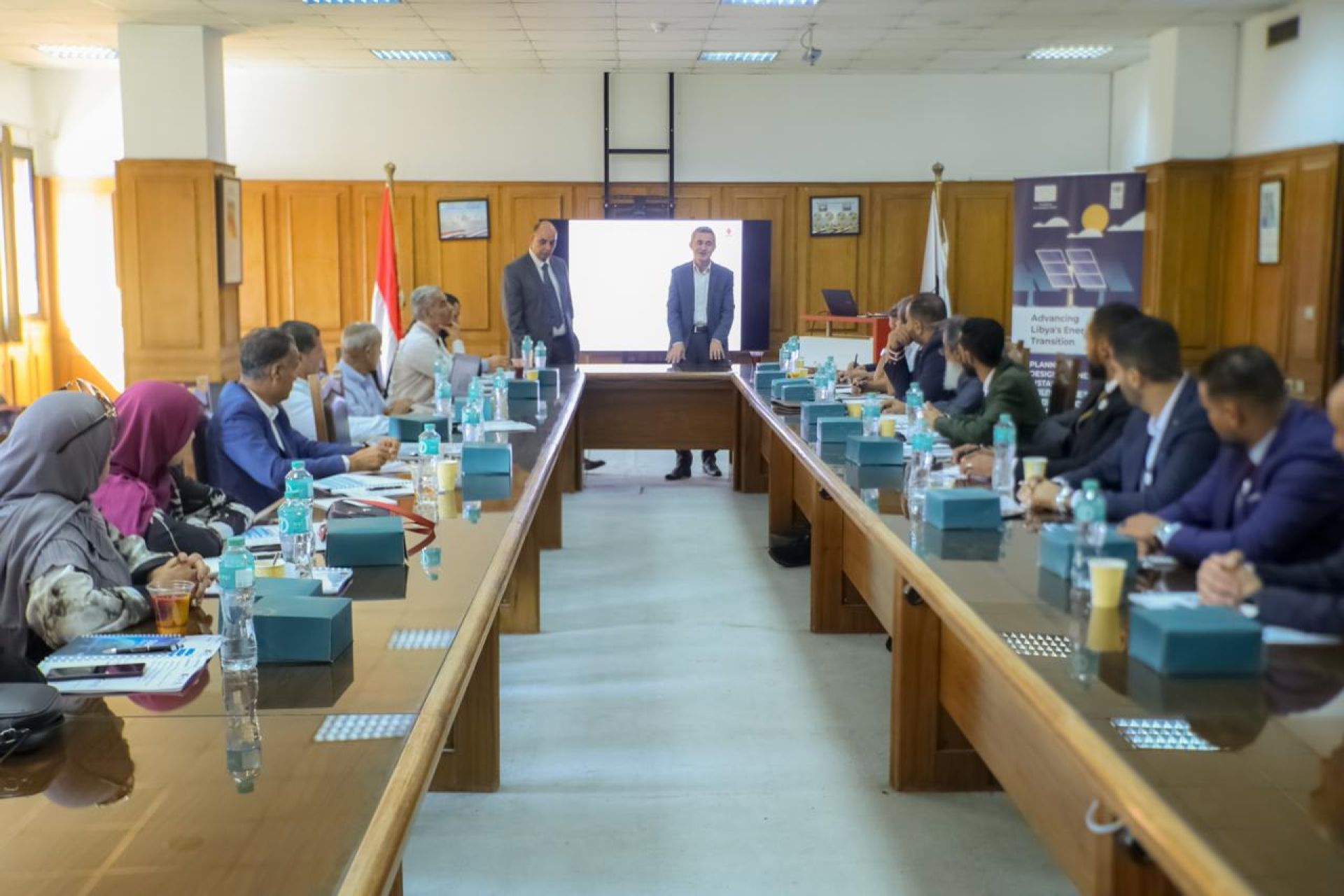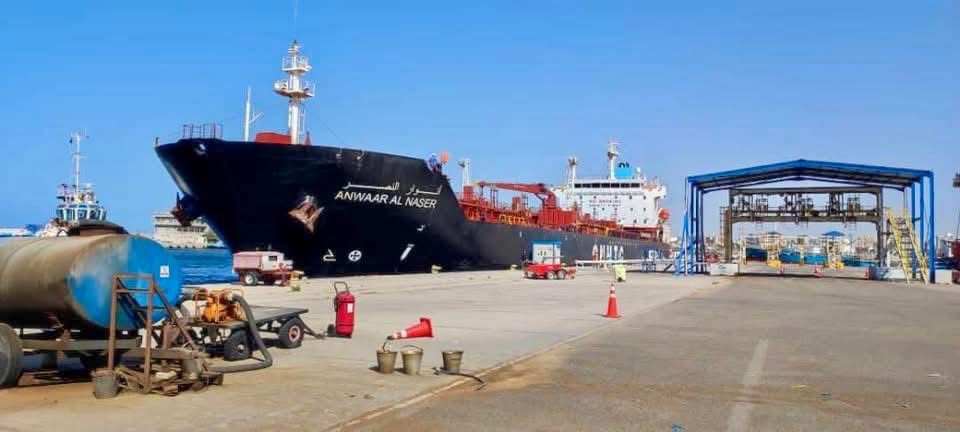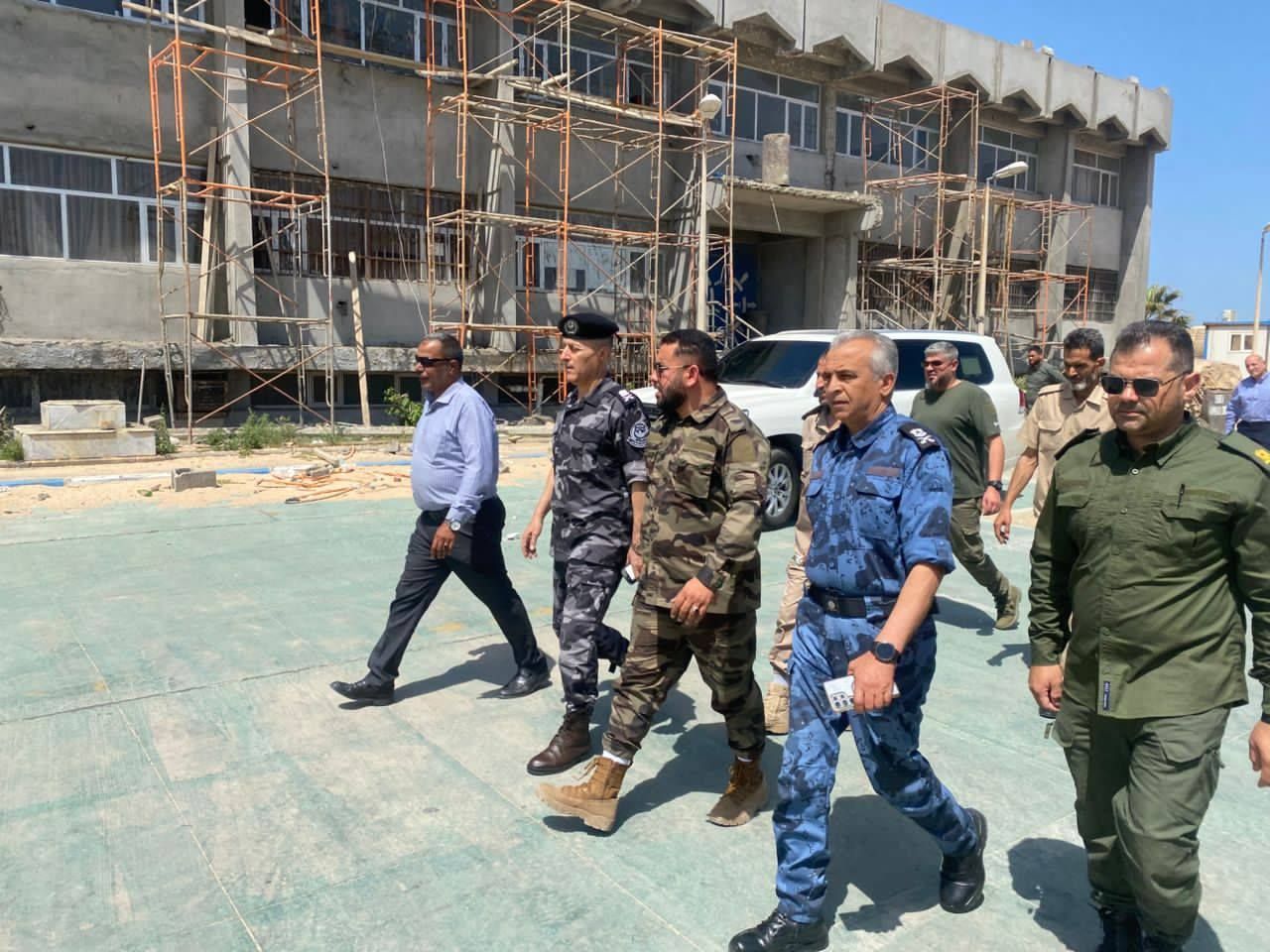UNDP organises solar power study programme for key energy bodies

The United Nations Development Programme (UNDP) reports that it organised a 10-day training and study tour in Cairo on 7-16 October for 40 key Libyan officials from the Ministry of Planning (MoP), General Electricity Company of Libya (GECOL), Renewable Energy Authority of Libya (REAoL), Libyan Center for Solar Energy Research and Studies, and Al-Enmaa Electric Investment.
The programme focused on the planning, designing, and installation of photovoltaic solar panel systems and grid-connected rooftop systems.Organised by UNDP, in collaboration with Egypt’s New and Renewable Energy Authority (NREA), the study tour is part of UNDP efforts to support Libya’s transition from reliance on hydrocarbons to clean, renewable energy sources. According to the UNDP, essential technical knowledge on solar PV systems, including site assessment, system design, installation, and maintenance were conveyed to the participants.
The training, included a visit to the 50-MW solar power plant in Zafarana, Gulf of Suez.The UNDP believed it will prepares Libya for large-scale deployment of renewable energy solutions, contributing to economic growth and significant reductions in carbon emissions.Commenting on the visit, UNDP Resident Representative in Libya Sophie Kemkhadze said: “While oil remains the backbone of Libya’s economy, it is crucial to begin a gradual shift towards renewable energy sources such as solar and wind. With its abundant sunshine, Libya has significant potential for solar energy projects that can meet domestic energy needs and open new avenues for export and job creation. Libya’s energy transition is a crucial component of the strategy for sustainable development.”
The study programme was funded by the European Union. According to the UNDP, it “underscores Libya’s commitment to expanding its renewable energy portfolio and fostering environmental sustainability.
It is a critical step toward addressing the country’s energy challenges by integrating global best practices into the national grid, enhancing economic resilience, and ensuring long-term sustainability.”



